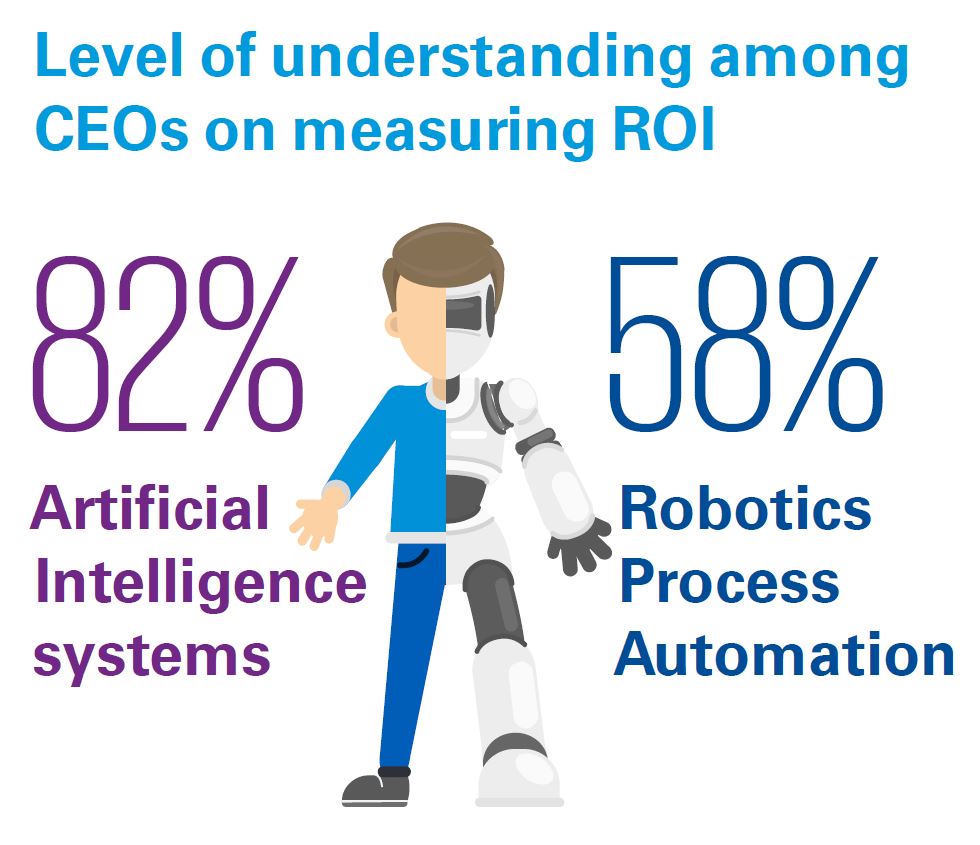Digital transformation: Going beyond trends to reap benefits
Digital transformation is the only way to progress, not only for organisations, but also for the global market
Digital transformation is a buzzword in the developed world. It is now deemed as a key process for a company’s growth and sustained relevance. The trend is also replicating in emerging economies like India, given their rise as the next big potential markets for consumption and consequently, with greater importance placed on customer data. Home to over a billion people, India is slated to become a ‘data goldmine’ for customer insight. The trend of digital transformation assuming primary importance for companies, is evident in KPMG’s India CEO Outlook report.

 The foremost advantage a digital drive offers is the ability for data-driven decision making. Although there is scepticism on the accuracy of the data and predictive analysis, the winds are changing with more companies innovating towards making them more efficient and the data more accurate. By leveraging predictive analytics, companies can peep into future trends to fine-tune their current strategies to cater to those. The report suggests:
The foremost advantage a digital drive offers is the ability for data-driven decision making. Although there is scepticism on the accuracy of the data and predictive analysis, the winds are changing with more companies innovating towards making them more efficient and the data more accurate. By leveraging predictive analytics, companies can peep into future trends to fine-tune their current strategies to cater to those. The report suggests:

 If nurtured well, data scientists will be key in identifying important insights on which a company’s future will be based. They will open doors to harness data effectively and accurately, thereby taking existing trust issues on data out of the window – a move that will ultimately help maximise efficiencies. They are also crucial for the applicability and adoption of automation, which paves the way for minimal human intervention and reduced redundancies. Digital transformation also offers companies a valid attempt at two of the fundamental goals – reducing costs and increasing market reach at lightning speed – by optimising business technology and operations that cut the cost-per-transaction and boost sales. This blend of optimisation through automation will help reduce inefficiencies through streamlined workflows that are not just cost-effective, but also rid the overhead costs associated with outdated solutions.
If nurtured well, data scientists will be key in identifying important insights on which a company’s future will be based. They will open doors to harness data effectively and accurately, thereby taking existing trust issues on data out of the window – a move that will ultimately help maximise efficiencies. They are also crucial for the applicability and adoption of automation, which paves the way for minimal human intervention and reduced redundancies. Digital transformation also offers companies a valid attempt at two of the fundamental goals – reducing costs and increasing market reach at lightning speed – by optimising business technology and operations that cut the cost-per-transaction and boost sales. This blend of optimisation through automation will help reduce inefficiencies through streamlined workflows that are not just cost-effective, but also rid the overhead costs associated with outdated solutions.
While CEOs in India are investing heavily into digital transformation, expecting it to have a massive impact, it is imperative for them to first understand how they should measure the return on investment of digital transformation and map the timelines towards reaping returns.

 The figures are rooted in the ability to formulate better customer strategy and products that are customer-centric through digitally acquired data. This data then allows companies to experiment and grow their services consistently, to reach across different touchpoints globally, thereby crafting a strong base for the organisation to grow. By leveraging predictive analytics, a key component of digital transformation, companies can peep into future trends to fine-tune their current strategies, acquire new customers and retain existing ones, with unique products that meet their expectations, thereby keeping the company relevant.
The figures are rooted in the ability to formulate better customer strategy and products that are customer-centric through digitally acquired data. This data then allows companies to experiment and grow their services consistently, to reach across different touchpoints globally, thereby crafting a strong base for the organisation to grow. By leveraging predictive analytics, a key component of digital transformation, companies can peep into future trends to fine-tune their current strategies, acquire new customers and retain existing ones, with unique products that meet their expectations, thereby keeping the company relevant.
Organisations are increasingly investing in boosting their agility and innovation capabilities as a critical leap towards sustaining profitability, efficiency, a global presence and relevance in a highly-dynamic world. It gives sound reasoning behind why inspite of existent insecurities about data security, companies continue to focus on resolving the issue with better security measures and strategies instead of abandoning the concept. Digital transformation is the only way to progress, not only for organisations, but also for the global market.
The author is an Office Managing Partner, West, at KPMG in India.
The thoughts and opinions shared here are of the author.
Check out our end of season subscription discounts with a Moneycontrol pro subscription absolutely free. Use code EOSO2021. Click here for details.
